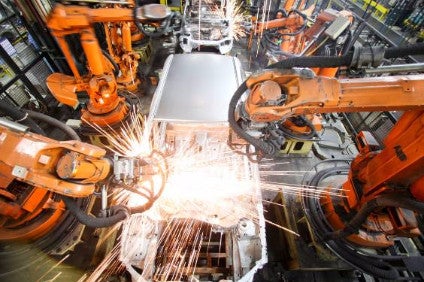
São Paulo-based GM South America, headed by Barry Engle, has reaffirmed temporary fiscal incentives proved fruitless in improving the Brazilian motor industry's competitiveness in recent years.
He told the Perspectives 2017 seminar organised by Autodata, also in São Paulo, the strategy of mitigating market downturns through IPI excise tax cuts for medium to lengthy periods did not work at all.

Discover B2B Marketing That Performs
Combine business intelligence and editorial excellence to reach engaged professionals across 36 leading media platforms.
With hindsight, other sector executives agree, although lobby group Anfavea was the main supporter of artificially-sustained sales up to 2013. What actually happened was a tide of massive, forward buying, one of the causes of the 45% market slump since (20% this year alone).
"I don't give a damn for incentives. I do not want the government messing with the car companies and our business", Engle later told business magazine Exame.
This sounded, to many, as a criticism of the Inovar-Auto programme supposed to finish at the end of 2017. There are strong rumours, however, it will continuing on an energy efficiency basis only after 2017.
Engle also pleaded for a more free market approach, though gradually. In the short term the BRL devaluation helped but, in the long run, is unsustainable. He said Brazil's production costs are twice as high as Mexico's.
Engle also pounded the mammoth tax burden that makes cars 50% more expensive, logistics bottlenecks, costly labour plus bureaucracy as blocks to operational efficiency and exports.
GM nonetheless is sticking to its plan to spend BRL13bn/US$4bn in 2013-2018, including full renewal of the complete vehicle range. There have been 12 GM launches this year.
Curiously, Engle was the seminar's most optimistic speaker as far as 2017 sector recovery was concerned. Most executives and consultancy firms suggested 1% to 8% growth compared with extremely poor forecasts for 2016 (circa 2.1m cars, light and heavy commercials).
Engle sees sales soaring between 10% and 15% due to GDP surge, lower inflation and interest rates, easier credit, return of consumer confidence, and the ageing fleet's relatively high maintenance costs.






